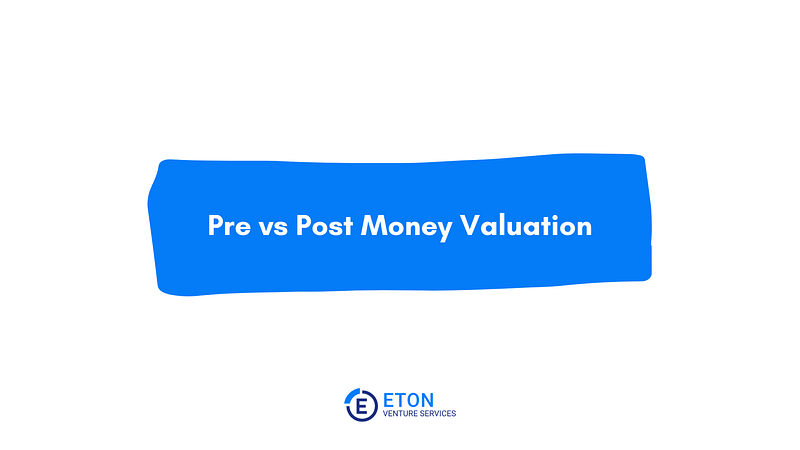In the case of In Re Cellular Tel. P’ship Litig., the Delaware Chancery Court addressed a shareholder dissent suit involving a “squeeze-out” transaction. The minority partners in various partnerships received from the court about three times the value they initially received in the forced transactions that created the squeeze-outs. This article focuses on the valuation methodologies used in determining damages and aims to provide insights into the complexities of valuing minority interests in such transactions.
The plaintiffs sought damages for the alleged undervaluation of their minority interests in the partnerships, claiming that the squeeze-out transactions unfairly benefited the controlling partners. They argued that the defendants failed to consider the true value of the partnerships and, consequently, offered inadequate consideration for the minority interests.
Both parties’ expert witnesses employed different valuation methodologies to assess the value of the minority interests in the partnerships. The plaintiffs’ expert used a discounted cash flow (DCF) analysis, which the court found to be more appropriate in this case, as it captured the partnerships’ long-term value. In contrast, the defendants’ expert relied on market-based methods that the court considered inadequate due to the lack of comparable transactions.
The court found that the defendants undervalued the minority interests by not accounting for the partnerships’ full potential and future cash flows. Consequently, the court awarded the plaintiffs about three times the value they initially received in the squeeze-out transactions, underlining the significance of selecting the appropriate valuation methodology.
This case highlights the importance of using well-established and accurate valuation methodologies in shareholder dissent and squeeze-out situations. It demonstrates the need to consider the unique characteristics of the business and the specific circumstances surrounding the transaction when determining the appropriate method for valuing minority interests.
Valuation professionals and lawyers should be aware of the various factors that can influence the value of minority interests in squeeze-out transactions, such as the nature of the business, its growth prospects, and the controlling partners’ actions. Ensuring that the chosen valuation methodology is supported by empirical evidence and finance literature is crucial in achieving accurate and reliable valuations in litigation involving minority shareholder disputes.
How can Eton help?
Navigating the complexities of business valuation in shareholder dissent cases and squeeze-out transactions can be challenging. Eton Venture Services offers detailed, factual, and insightful valuation services to support your legal, financial, and strategic decision-making needs. Our experienced team is well-versed in selecting and applying appropriate valuation methodologies that can withstand scrutiny.
Join the industry leaders who have already benefited from Eton’s exceptional client service and valuation expertise. Allow our team to guide you through the intricacies of valuation and damages disputes involving minority shareholder interests, ensuring that you protect your interests and make informed decisions. Contact Eton Venture Services today.








